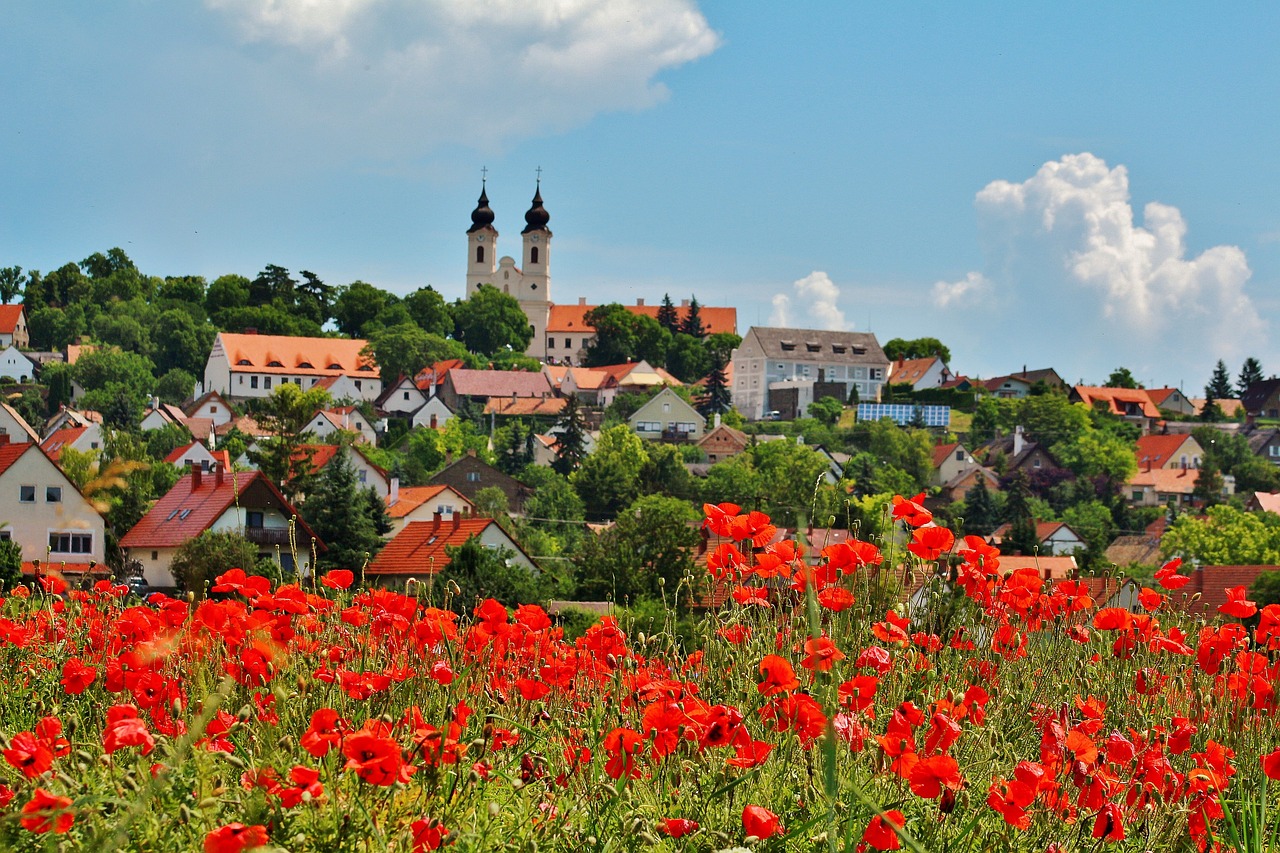A lifetime of savings? Buying a home in Hungary became more challenging

Change language:
Purchasing a 60-square-metre home in Hungary now demands countless years of dedicated savings for a couple on average wages. Here’s what is behind the insane price hike and what experts suggest to tackle the unfolding housing crisis in Hungary.
Significant price hikes
Pénzcentrum writes that over recent decades, housing subsidies, including Hungary’s CSOK and Baby loan (Babaváró hitel) schemes, have fuelled significant price hikes, making it increasingly challenging for average earners to afford a home in Hungary. While housing prices were relatively stable around 2010, the cost of new homes in Budapest has since surged by 3.6 times, with property prices more than tripling. National trends were similar, though property prices rose at a slightly slower rate. Experts suggest that renovating and reusing vacant properties could be a more cost-effective solution to Hungary’s housing crisis, offering potential relief for those struggling to secure home ownership.

Shocking numbers
From 2010 to 2014, housing prices per square metre in Budapest and nationwide remained stable. However, the introduction of the CSOK subsidy in 2015 and the Baby loan in 2019 spurred a surge in demand for property, driving prices sharply upward. According to GKI analysis, this escalation means an average earner in Hungary would need 69 months of income to buy a 60-square-metre resale apartment and 155 months for a new one. In Budapest, these figures soar to 140 and 200 months, respectively, underscoring the affordability challenges of securing a home in Hungary.






